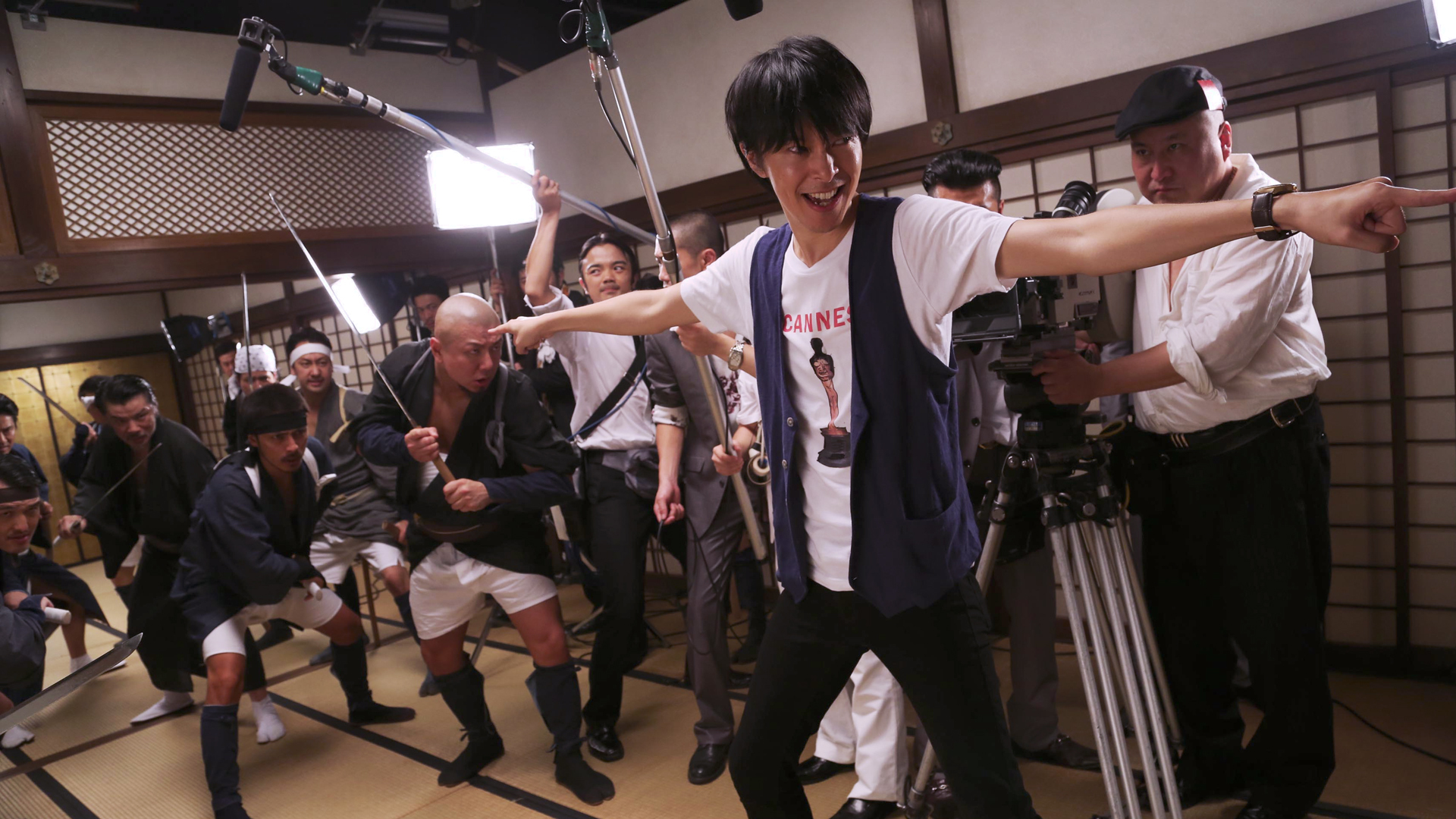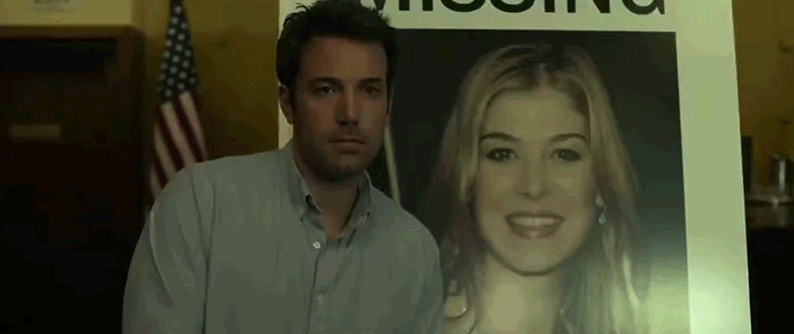 "Flash! Ah-ahhhhh! He'll save every one of us!"
"Flash! Ah-ahhhhh! He'll save every one of us!"
Flash Gordon is a reboot adapted from the long-running comic strip and successful series of adventure films from the 1930's that bear the same name. It's unashamedly camp, with vibrant special effects, a deluge of laser-fire, ridiculous costumes and one of the most straight-forward, All-American heroes to ever grace the big screen. The comic and 30's Flash Gordon's had a remarkable effect on George Lucas, who originally planned to adapt the series into a new film, but upon learning that genre-film producer Dino De Laurentis (producer of Evil Dead II, Army of Darkness, Manhunter, Death Wish, Serpico, Conan the Barbarian, Dune, Hannibal) held the rights, Lucas instead adapted his ideas into a mixture of Flash Gordon and Akira Kurosawa's The Hidden Fortress, with the result becoming the mega-hit Star Wars. Flash Gordon shares a remarkable amount of similarities to both Dune and Star Wars, most notably the fantastical take on science fiction, emphasis on flamboyant production design, the effects and scope of Dune, with Star Wars' melodramatic adventure tone. But Flash Gordon is a film and a character who completely stands alone as a figure of endearing purity, power and prestige, a hero of the classic age, brought to life in the video age.
 "Flash! I love you, but we only have fourteen hours to save the Earth!"
"Flash! I love you, but we only have fourteen hours to save the Earth!"
A galactic tyrant toys with the Earth, instigating "natural" disasters across the planet. Meanwhile a star football player and a travel agent are flying in a light-plane back to New York from a rural holiday, but their plane crashes into the laboratory of the crazed Dr. Hans Zarkov. Zarkov kidnaps the pair, holding them at gunpoint as his rocket-ship blasts away from Earth in an attempt to discover the source of a mysterious power that's pushing the Moon onto a collision-course with the Earth. They land on the strange planet Mongo, and are captured by the minions of the tyrant terrorising both Mongo and Earth. This despot is the merciless Emperor Ming (Max Von Sydow), who promptly orders the captives to identify themselves before his royal court after publicly murdering a would-be assassin. Ming is enamoured with Dale Arden (Melody Anderson), the travel agent, but is immediately taken aback by the sudden proclamation from the other captive. The tall, muscular blonde man steps forward, his own name emblazoned on his chest, and he defiantly states that he is "Flash Gordon. Quarterback, New York Jets."

A product of a different time, Flash Gordon stands defiantly against modern trends in sci-fi and fantasy, and even apart from it's contemporaries in Star Wars and Dune. Flash is ridiculous in every regard, the universe ill-defined, the characters wearing cumbersome costumes, the dialogue often cringe-inducing in its corniness. Of course this is the absolute heart and soul of the film, as any film that can make veteran character actors such as Max Von Sydow, Brian Blessed and Timothy Dalton dress up in bright red leather, or as a viking-esque Hawk-man, or even in the Peter Pan/Robin Hood-like green tights of an Arborian prince, should be nothing but camp as all get-out. There are no "grey-liens", no dark origin stories, in fact there's very little inner-conflict or darkness in Flash. He's simply a stand-up guy, the American Dreamboat. Sexy enough, smart enough, strong enough, good enough, and even with this lack of real emotive depth, it's easy to get lost in the thrall of Flash. In fact, Flash is an entirely forgiving figure in the face of cowardice, betrayal and hostilities by almost all except for Ming. In the face of each conflict, act of hostility or manipulation, whether it's Ming, Princess Aura, Vultan or Barin, Flash is insistent on the need for a collective movement to defy and overthrow Ming, constantly imploring the warring tribes of Mongo to "Team up!" and topple Ming. Having such a pure protagonist is arguably the part of the film that dates it the most, but with Flash's inherent goofiness and propensity for brazen behaviour, it's hard not to fall under his spell. Flash wearing a bright-white shirt with his own name emblazoned across the chest is as iconic and heroic as Snake Plissken's eye-patch, Ben Kenobi's robes, Max Rockatansky's leather jacket, or Indiana Jones' hat.
At the polar opposite of this spectrum lies Ming and his main henchmen, Klytus and Kala, are all of one singular malicious evil intent, joyously indulging in their evil hubris, and of course this is their downfall. Von Sydow as the head of this triumvirate, employs his evil will through manipulation, dark magic, violence, capital punishment, mind-control and a vicious army, and is gratifyingly hammy and iconic, with each appearance being drenched in the air of glory. The majority of the depth and doubt of rounded heroic characters sits on the capable shoulders of Dalton and Blessed as the warring leaders of the Arborians and the Hawkmen, respectively. Dalton is jealous, proud and lustful, Blessed arrogant, violent and bellowing. As they are courted by the charms and daring deeds of Flash, they constantly challenge their own ideals and prejudices, but their allegiance never comes easy, and this provides the meat of the Flash's second act. Arguably, these moments are the best in the film outside of Flash, Dale and Zarkov first arriving on Mongo. Dale Arden herself suffers from an outdated mode of female character development as despite proving herself to be cunning and capable against Ming's forces, she's often reduced to a mere object for Flash and Ming to duel over. Though Dale and Flash's romance is remarkably and lovably shallow, for it begins at mutual attraction and ignites somewhere in the vicinity of Flash being the Last Man on Earth.

The universe of Flash Gordon is visually resplendent, with costumes, sets and backgrounds that are gorgeous and outrageous in equal measure. Art director John Graysmark (The Man with the Golden Gun, The Big Sleep) and costume designer Danilo Donati (Satyricon, Salo, or the 120 Days of Sodom) have created something vibrant, heaving, and constantly amazing with their prominent use of leather, reds and golds, and a lava-lamp-like sky-scene. Everything is silly and very, very awesome. Battles certainly fit within the classical formulas, whether that be of the Hero fighting hapless a small squad of hapless henchmen, or swinging through a strange forest with natives in pursuit, or a deadly duel on a precipice, Flash Gordon pays full homage to these staples of danger. Flash Gordon lacks the raw appeal of Star Wars, or the convoluted lore of Dune, but it is a thrilling and gorgeous throwback to an earlier class of hero. With an excellent supporting cast, amazing production and art design, and enviable colour pallette, Flash Gordon is truly a forgotten jewel of a film. It's truly a shame that the film bombed internationally, and the ham-fisted sequel bait inserted just before the end credits add insult to injury that we cannot indulge in more Sam J Jones-led Flash films.
 I feel as though the latest run of biopic films has culminated with this film. And although Foxcatcher is a biopic that chronicles the relationship between Olympic wrestler Mark Shultz and billionaire industrialist John du Pont, I feel it also is a snapshot into the wrestling world of the late 1980s.
I feel as though the latest run of biopic films has culminated with this film. And although Foxcatcher is a biopic that chronicles the relationship between Olympic wrestler Mark Shultz and billionaire industrialist John du Pont, I feel it also is a snapshot into the wrestling world of the late 1980s.



















